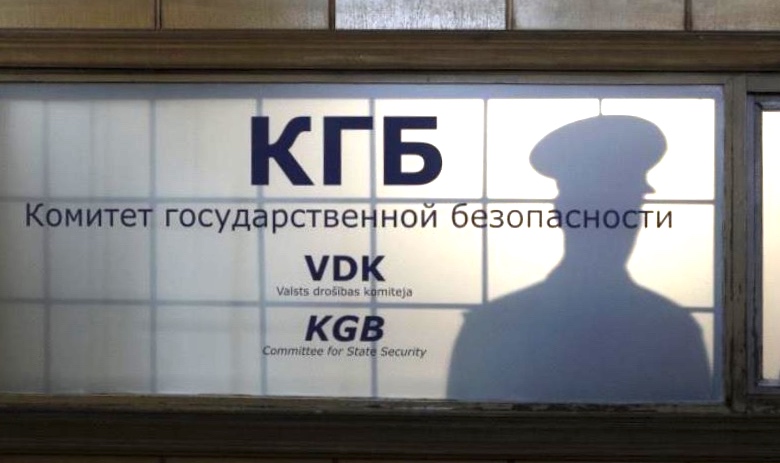However, his activities in the US after defecting did not represent behaviour that would be expected of him, had he been a Soviet plant. In his memoirs ‘The Years of Servitude', Lesinskis exposes in great detail how he and his KGB associates in Riga wrote books and articles accusing numerous Latvian exiles of Nazi war crimes. The KGB had ordered Lesinskis to dig up devidence on one Latvian, being prosecuted by the US Department of Justice's Office of Special Investigations (OSI). After a thorough search no evidence was found to exist. This and other cases confirmed that the Soviets were ready to totally fabricate evidence in order to implicate anti-Soviet activists with war crimes. (This writer has seen a document, given by a Soviet representative to a Jewish organization, calling a Estonian-Canadian a former member of the SS, when in fact he had been a volunteer in the Finnish forces, wearing a Finnish uniform.)
Declassified CIA files show that in 1981, the agency arranged for Lesinskis to meet with OSI lawyers to give depositions on Karl Linnas and Liudas Kairys, both identified by the CIA as Estonian. Lesinskis stated that neither of the two or their backgrounds was known to him. After being shown related documents, Lesinskis said he was unfamiliar with them, but added that the Soviets could quite possibly have fabricated documents accusing them. Upon being presented with Soviet documents about Latvian exile groups, Lesinskis insisted they had been forged – all of which does not benefit the Soviets nor support suggestions he was a Soviet plant.
Lesinskis had expected to become something of a celebrated hero in the US. But the CIA wanted him to stay out of the public eye and disapproved when articles by him about the KGB were published in the Latvian newspaper. His freedom of movement, especially internationally was severly restricted and he complained to the CIA about this stating the violation of his rights and the offence against his dignity.
Has Lesinskis been working for the CIA? As always, the CIA will not confirm or deny that he had had any former relationship with the agency before defecting. In the 1980's when the story came out, the CIA typically refused to comment. However they stated to the American Latvian Association that Lesinskis “after his defection made a significant contribution to the US government and to this agency”.
Although CIA documents about Lesinskis have been declassified, none refer to him as having been recruited by the agency prior to defection. In fact it would be very rare for the CIA to ever reveal any possible relationship with anyone working undercover abroad.
Taking Lesinskis' story as plausible, during the Cold War the CIA was able to penetrate a KGB undercover operation in Riga – Latvia's version of Soviet-occupied Estonia's VEKSA. The question remains did any Western intelligence agency attempt or succeed in recruiting individuals employed in sensitive or influential postions in Tallinn? To date nobody has come forward or has been exposed. Is there societal stigma attached to such revelations or is the vow of secrecy unbreachable? We might never know.
Laas Leivat, Toronto




